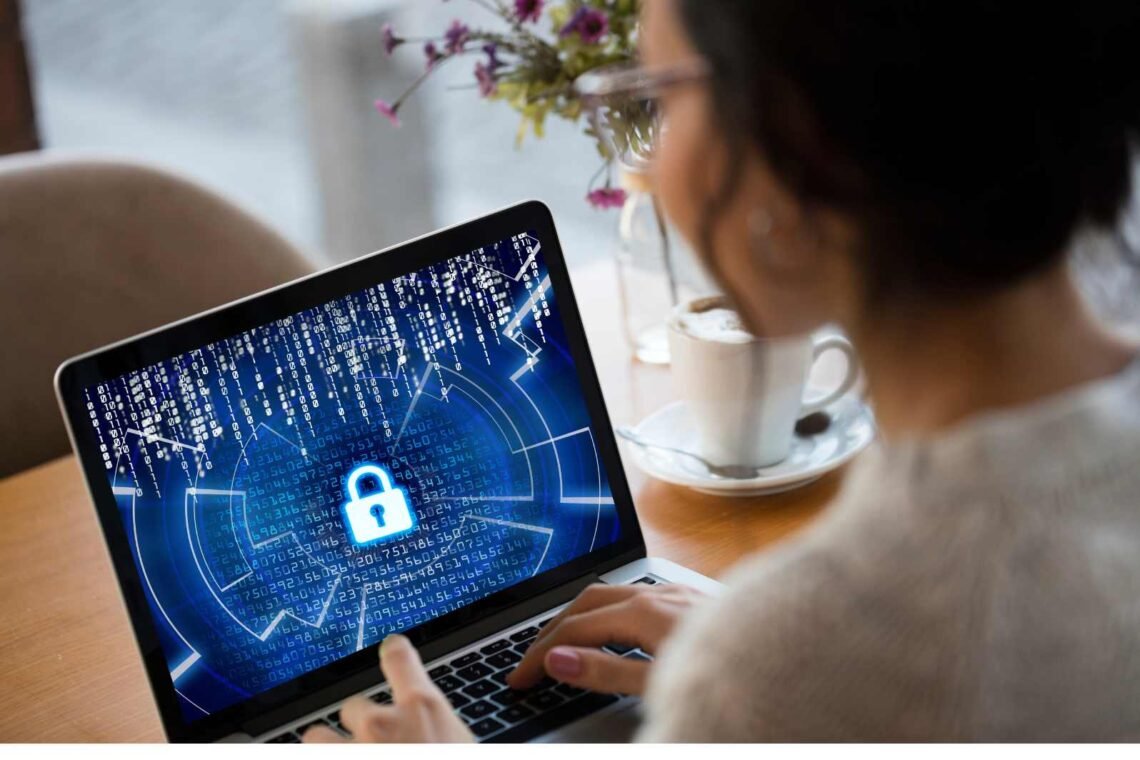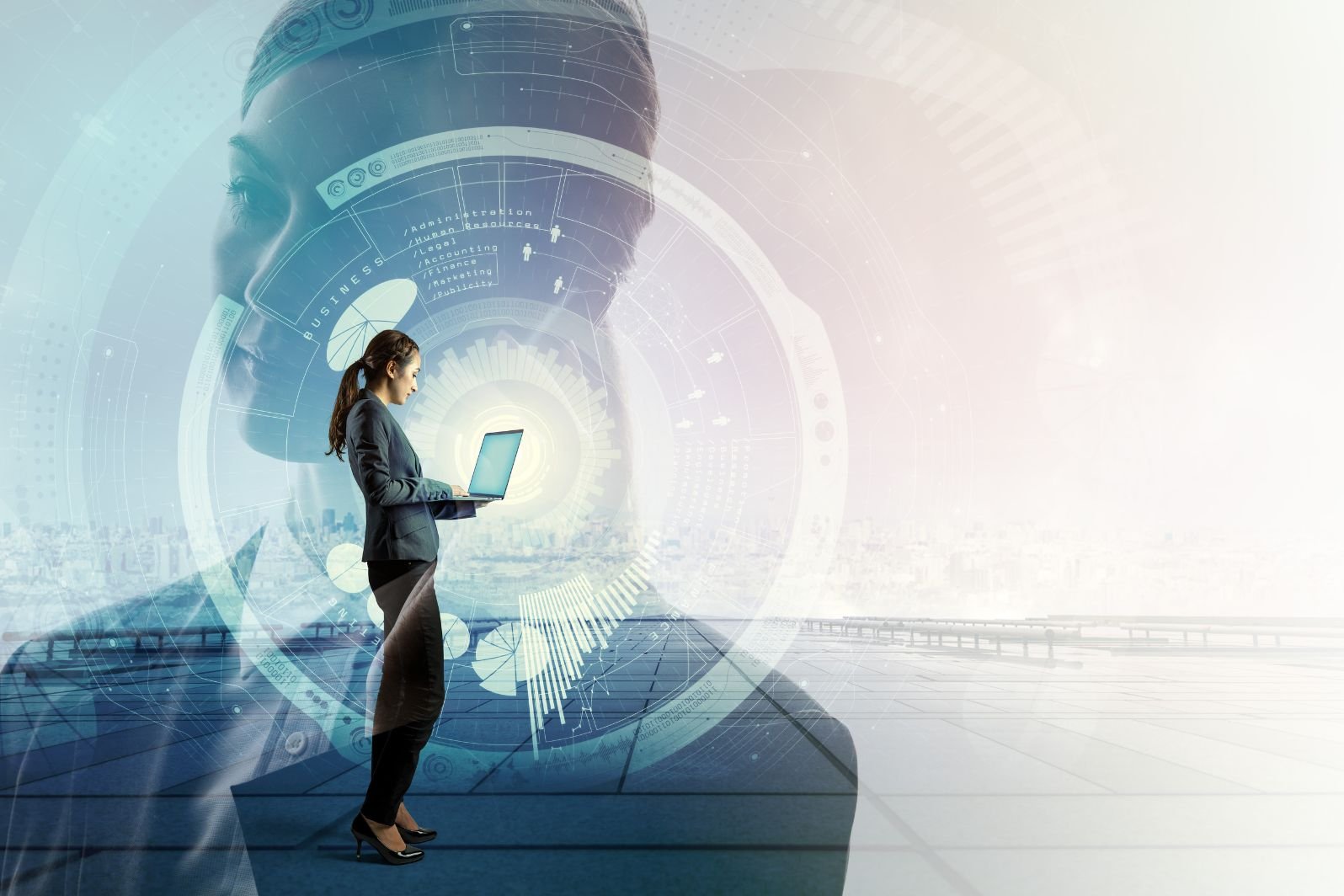Today, in this hyperconnected world, our lives are perhaps more digital than they’ve ever been. From online banking to shopping to healthcare and education, nearly every aspect of daily life depends on the internet. Here’s one thing that’s clear as we walk into 2025: Today, security and digital privacy are not optional — they are necessities.
The Rise of Cyber Threats
Both the quantity and the complexity of cyberattacks have increased. Just big corporations are no longer the target for hackers — small businesses, individuals and even government systems are at risk. Cybercriminals are capitalizing on the proliferation of artificial intelligence (AI) and automation to create new malware exhibiting such sophistications faster than ever.
Here are Some common threats in 2025 will be:
- Ransomware hacks that freeze data until a ransom is paid.
- Phishing scams that trick users into revealing personal information.
- Deepfake technology to spread misinformation or steal identities.
Why Privacy Is a Luxury Few Can Afford
Data is often referred to as the “new oil,” yet unlike oil, personal data is intimately linked to who we are. All of your online activity — from your browsing history to your location — can be recorded and sold. In 2025, lack of privacy has created public fears:
- Identity theft and financial fraud result from data misuse.
- The over-sharing encouraged by social media can put us at risk of stalking or harassment.
- Smart devices and internet of things gizmos are constantly hoovering up your personal data — and a lot of time you don’t even know that it’s happening.
Our personal freedoms and safety are at stake if there is not common-sense privacy protections.
The State and Private Enterprise
Governments around the world are enacting tougher data protection laws yet it’s not just regulation. Businesses, too, are not above blame, and they need to invest in secure systems and be more transparent about how they use customer data. Consumers in 2025 trust more on those brands who are prioritizing on cybersecurity and respecting privacy.
How Individuals Can Protect Themselves
Big organizations will certainly have to do their part, but individuals also need to accept responsibility for their digital safety. Here are some basic but effective actions:
- Use strong, unique passwords with two-factor authentication.”
- Do not trust suspicious mails or links.
- Limit personal information shared online.
- Keep your software and apps up to date to help correct security vulnerabilities.
- Utilize VPNs and encryption services when accessing confidential data.
The Future of Cybersecurity
There’s plenty more growth ahead As technology continues to develop so will cybersecurity. AI-powered defense mechanisms, biometric identities and blockchain security are likely to feature prominently, analysts say. But no matter how sophisticated the tools may become, the core truth is this: Desensitizing privacy is desensitizing people.
FAQs:
Q1. Why should we care more about privacy in 2025 than we did in the past?
And because more gadgets — and the online services that they connect to — are gathering our data today than in generations past, leaving people more at risk of misuse of our personal information.
Q2. What are the biggest cyber threats for 2025?
Some of the most dangerous threats are ransomware, phishing, identity theft and A I-generated deepfakes.
Q3. How can I protect my personal information?
Through protecting with strong passwords, enabling two-factor authentication, not clicking on any suspicious links and being mindful of the information that is shared online.
Q4. Would small businesses be in danger as well?
Yes. Smaller companies are frequently singled out by hackers, since they usually have less robust security systems than larger ones.
Q5. How does cybersecurity use AI?
AI is a danger and a solution. Just as hackers adopt A.I. to launch increasingly sophisticated attacks, security systems use A.I. to more quickly detect and stop threats.





